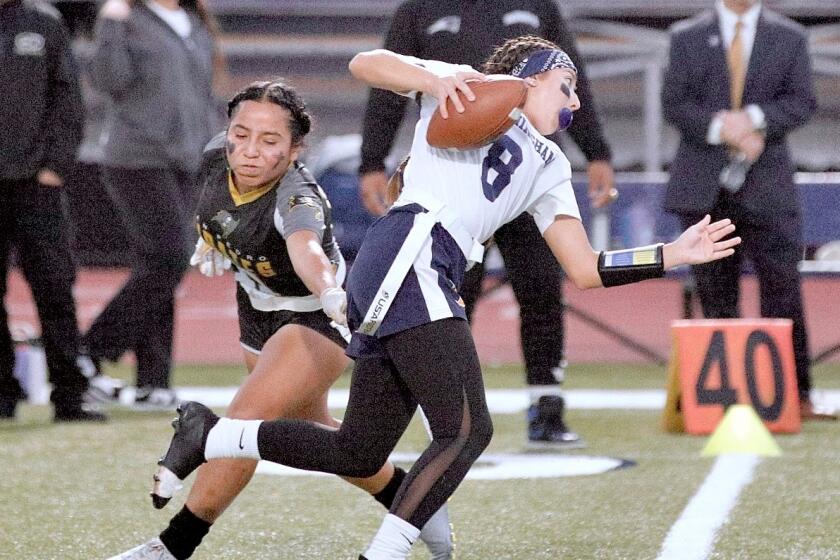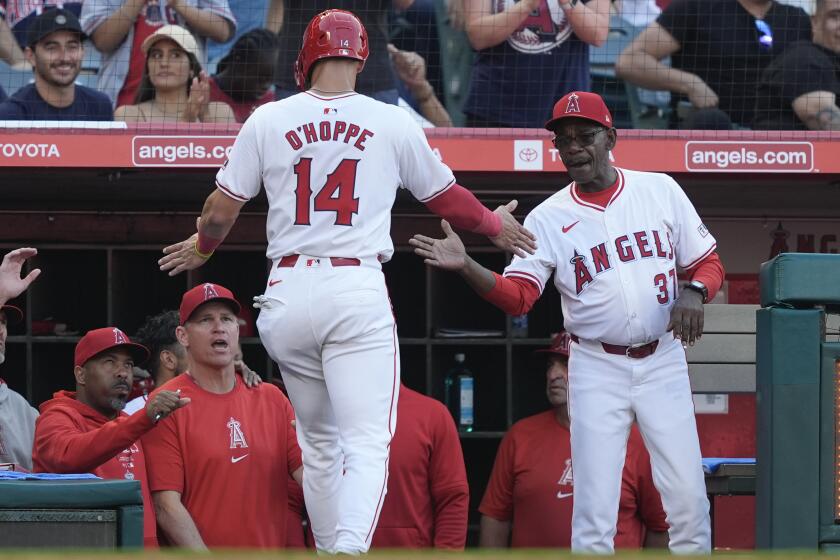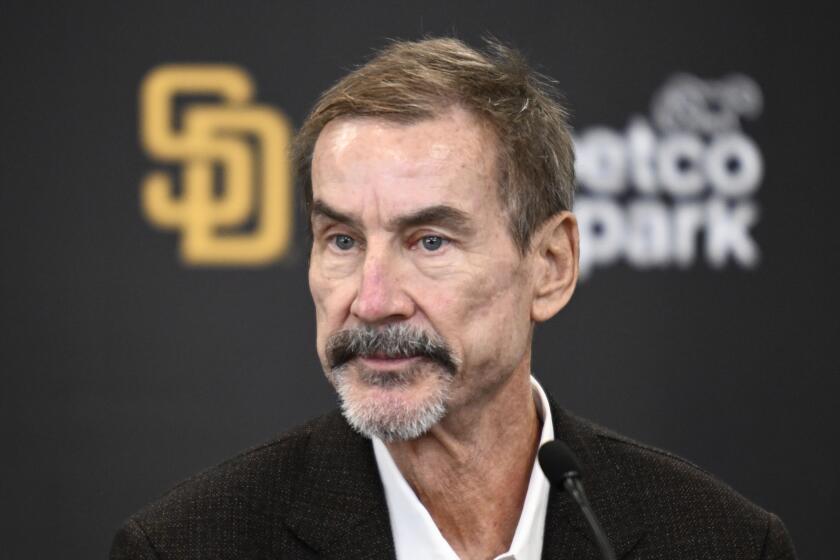MLB Network steps to the plate
Watching Alex Rodriguez’s interview Monday with ESPN’s Peter Gammons, it was easy to think of the new Fox show, “Lie to Me” and its tagline, “The truth is written all over our faces.” Oh, to see the New York Yankees star have his every eye twitch, lip lick and finger tap analyzed and scrutinized by Dr. Cal Lightman, played by Tim Roth, the very convincing truth detector.
In lieu of that, the most compelling coverage of the A-Rod steroid scandal has been in the most unexpected place: the new cable channel MLB Network.
Since Sports Illustrated broke the news Saturday of Rodriguez’s positive drug test in 2003, the channel owned by Major League Baseball has not ducked the story, even though it tarnishes the sport and its best player.
The channel has offered considered coverage by a host of contributors including new hire Bob Costas, former player Harold Reynolds and reporters Tom Verducci and Matt Vasgersian.
MLB Network spokesman Matt Bourne said this felt a little like a first test for the fledgling network.
“What we’ve said from the beginning is that if we are to have credibility and be taken seriously, we need to make sure we’re reporting on any and all issues,” Bourne said.
Costas injected that credibility immediately by interviewing one of the authors of the Sports Illustrated story, Selena Roberts, Saturday afternoon. Vasgersian, Reynolds and Verducci continued to follow the story Monday, especially after Rodriguez, during his apology on ESPN, attacked the reporting methods of Roberts.
“In a way it’s a sad story,” Costas said, “but for the baseball network to have this happen so soon and then do such a good job, it showed the network is willing to tackle an important issue straight up. When you look back at the start of this network, I think these few days will be very, very noteworthy.”
ESPN got the first Rodriguez interview in which Rodriguez admitted what he did (kind of, though he claimed not to know what he took) but also tried to turn the reporting of the story into “he said, she said.”
Rodriguez suggested Sports Illustrated paid Roberts to “stalk me,” and said Roberts had been thrown out of his New York City apartment, tried to break into his house, had been thrown off the University of Miami campus for trespassing and that there was a written police report -- “I have the paper right here,” Rodriguez said -- on Roberts’ attempt to visit his Miami-area home.
While Gammons failed to push back on any of this or when Rodriguez referred to Roberts dismissively as “that lady,” MLB Network quickly put “that lady” back on the air. And she disputed each allegation.
Verducci criticized Rodriguez for trying to take the high road with his apology but leaving it to attack the reporter. “Once you leave the high road you can’t return to it,” Verducci said.
Reynolds added, “There’s two sides to every story but even if Rodriguez was dead right, he was wrong in going in that direction.”
As Costas said, by the very act of apologizing, “whether there was any truth to what Rodriguez said, he acknowledged what was in the story was true.”
And as Roberts said in a telephone interview Monday night, “MLB Network treated me very fairly.”
That’s what the MLB Network has offered for three days -- fair coverage with unrelenting interviews, nuanced discussions and an aggressive, head-on, touch-all-the-bases approach.
It should be a blueprint for other sports-sponsored networks.
NFL Network, are you watching?
--
More to Read
Go beyond the scoreboard
Get the latest on L.A.'s teams in the daily Sports Report newsletter.
You may occasionally receive promotional content from the Los Angeles Times.










